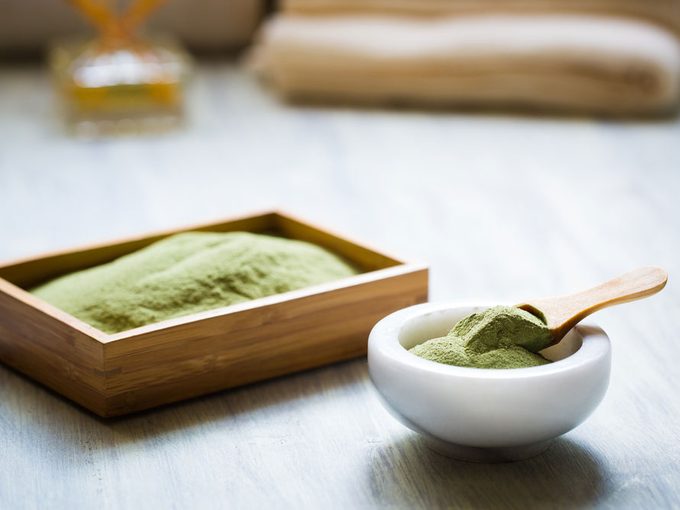Nutrition Tips: Spirulina Helps Cleanse and Detox
Spirulina is the superfood experts recommend to improve your nutrition; used as part of cleanses, detox diets and for supplementing protein

Source: The Amazing Healing Powers of Nature, Reader’s Digest
Discover spirulina, the superfood best for nutrition and health
Widely dubbed a superfood, spirulina (Arthrospira maxima, Arthrospira platensis) is a type of algae with unparalleled nutritional value. It is often consumed as a tablet or in powder form.
Spirulina has been used as food for centuries and recently gained popularity in today’s world. In fact, spirulina is so nutritious, the World Health Organization believes it has enormous potential to combat malnutrition.
Why take spirulina?
Spirulina is an excellent source of vitamins. It contains around 60 percent protein and impressive amounts of beta-carotene (which the body then converts to vitamin A), vitamin B12 and B complex, iron, essential trace minerals and gamma-linolenic acid. Because it contains all nine essential amino acids, it is considered a complete source of protein for vegetarians. Many take it as a way to help detoxify the body from metals.
How to take spirulina
Spirulina is most often taken in tablet form. The recommended dose for adults is 5 to 10 tablets a day; however, it can also be taken as a powder mixed in water. Spirulina has been produced commercially for more than 30 years and its popularity and widespread use have resulted in it being available in most health stores.
Who is spirulina safe for?
Spirulina is generally safe for adult use but should be avoided by people with autoimmune diseases, as it can potentially worsen such conditions.
Modern research and studies on spirulina
A six-month study in patients with allergic rhinitis (inflammation of the nasal passages) found spirulina led to notable improvement compared to a placebo.
In recent years, studies have begun to highlight a number of potential therapeutic benefits. For example, research suggests that spirulina could provide a degree of protection against cancer’one study demonstrated some prevention of liver cancer in rats that received spirulina supplements.
Other research has indicated that spirulina could be used to treat high cholesterol and type 2 diabetes. A study in normal volunteers showed that 4.5 grams per day of spirulina for 6 weeks lowered blood pressure, total cholesterol and ‘bad’ cholesterol (LDL) and increased ‘good’ cholesterol (HDL). Two small studies investigated the effects of spirulina supplementation in type 2 diabetes and demonstrated improvement in fasting blood glucose and lipid levels.
Researchers are investigating claims that spirulina can slow the development of HIV into AIDS. The work aims to substantiate various anecdotal reports that people who regularly eat algae in Chad, Korea and Japan have low rates of HIV/AIDS. Currently, there are no conclusive studies in large numbers of patients, but a recent pilot study in which spirulina was given either alone or in combination with a brown seaweed known as wakame (Undaria pinnatifida) provided promising results, with no side effects and some suggestion that spirulina may improve signs and symptoms in patients with HIV over time. One patient who received 13 months of spirulina supplements showed a decrease in the particular cells of the immune system (CD4 cells) that indicate the presence of HIV, and also a drop in the amount of virus in his body.
Did you know?
Both the European Space Agency and NASA have investigated a biological life support system for long-term piloted missions into space and both concluded that a particular strain of Arthrospira (spirulina) could be developed as a convenient source of nutrition.




